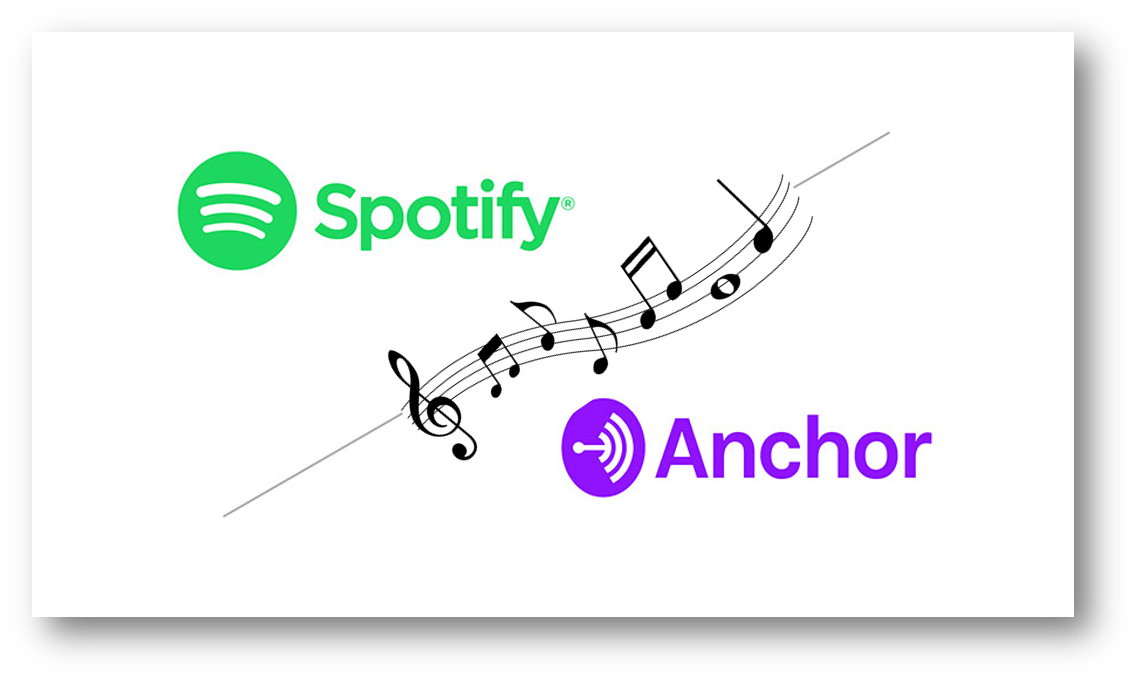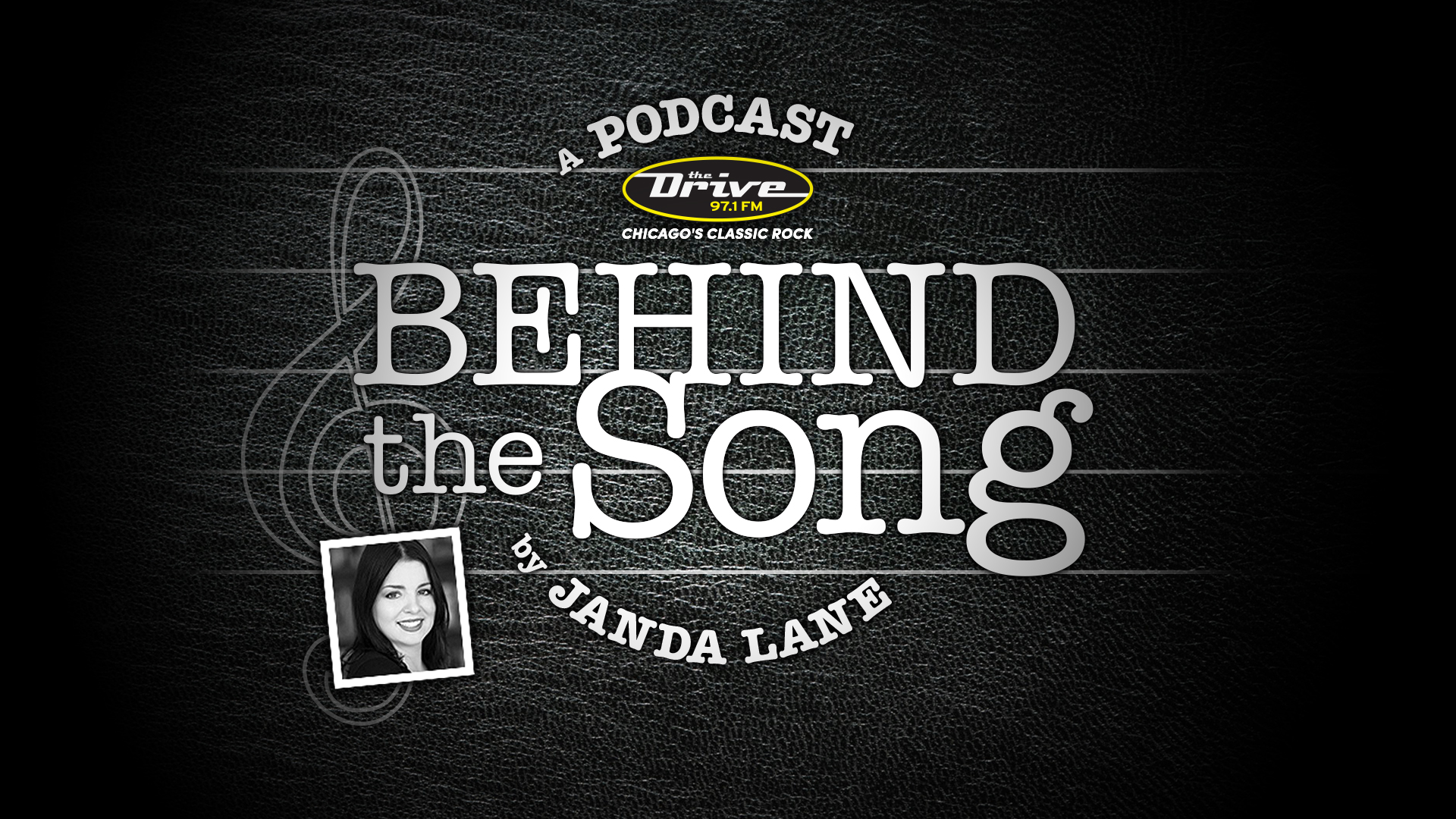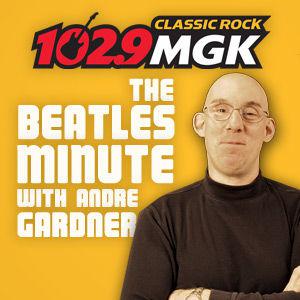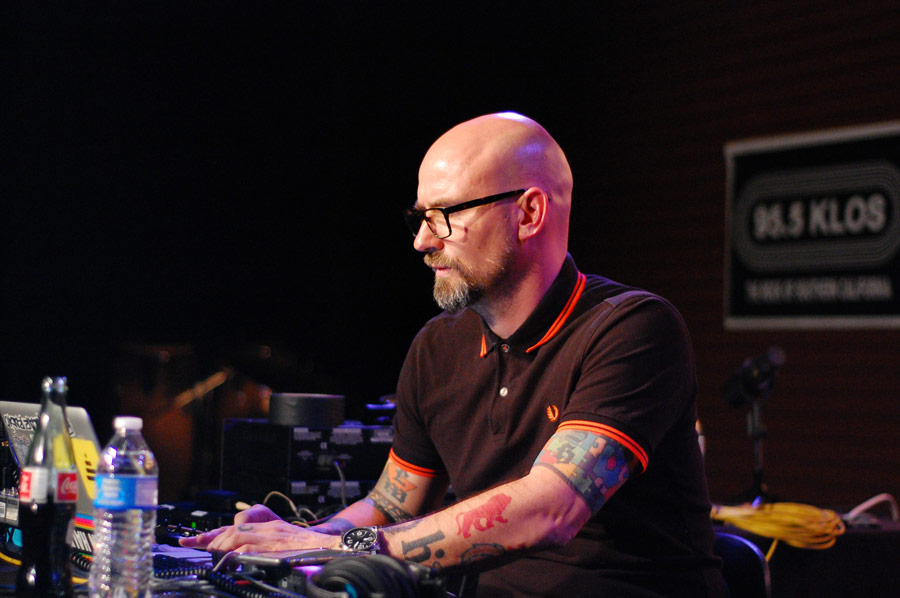
Among the many barriers that have slowed the growth and maturation of podcasts has been the issue of music – or the lack of it. All podcasters know the legal perils of including music in their shows (or if not, their attorneys do). From the beginning, there have been rights issues that have prevented the widespread use of music in podcasts. And that’s why you rarely hear actual songs – especially in their entirety – in podcasts.
Of course, this has been a limitation because so many of us love music, and would cherish hearing great stories about the songs, albums, and artists we love. But figuring out how to solve the puzzle of music in podcasts has been a topic at every Podcast Movement conference I’ve attended.
We see it every year in Techsurvey. We always ask those who are regular consumers of podcasts to tell us the genres they listen to. Despite the fact there are nowhere near as many music-driven podcasts as there could be, that doesn’t stop respondents from telling us how much they enjoy podcasts about music. Now, imagine if there were exponentially more to choose from.

You don’t have to be a research analyst to conclude there’s a market for podcasts about music – especially among those who also avidly listen to radio. But up until now, those onerous rights problems have stunted podcasting’s growth.
Now, that may be changing, although there are still speed bumps galore. Last year at Podcast Movement in Dallas, we presented an entire session on the topic, featuring Doug Reed and Steve Wall of SourceAudio. These guys have been hard at work licensing music for podcasts – for a fee, of course – allowing for songs to be used in any podcast. Working with labels and publishers, they’re cutting deals that will open the door for more music-ish podcasts.
But just a few days ago, the news hit that Spotify and its Anchor arm has come up with a different way to use music in podcasts. Maybe you could even call it a clever workaround. Yesterday, AmplifiMedia’s Steve Goldstein and Seth Resler wrote blog posts on the topic. They’re linked on their names here and below, and I invite you to read both of their insightful observations of what it all means.
What’s the vision here?
It’s the democratization of being a DJ. And we should have seen it coming. From karaoke bars to reality TV shows like The Voice, everyone wants that mic in their hands, showing off their talent. And that’s precisely what Spotify and Anchor are collaborating to bring to anyone and everyone:
Maybe you noticed when you watched the video, the word “podcast” is nowhere to seen or heard. These are “shows” people are creating. Of course, it all comes back to our personal relationships with music.
Back in February when we were a very different industry and a very different country, I blogged about this issue of music in podcasts, singling out WDRV’s Janda Lane and her podcast Behind the Song. It is a brilliantly done show, focusing on an iconic song showcased each episode. 
But there’s a problem. Janda can talk about the song, and tell us why it’s special. But she cannot play it.
Now, that might all might be changing. Like everything in our tech world, there are limitations to this Spotify/Anchor deal. Listeners will have to be subscribers to Spotify Premium to hear entire songs. And these podcasts will only be available on Spotify’s platform.
But none of that should put a damper on the bigger idea the confluence of music and podcasts is on-track. It won’t be long before content creator and producers will be able to seamlessly include any song in a podcast.
This development, however, has implications for radio broadcasters. First, it means that hobbyists can now create music-centric podcasts to their heart’s galore. Is that a concern? Should radio stations feel threatened?
I don’t think so. Regular folks have been able to create entire Internet radio stations for years. They’ve been able to create significant followings on YouTube and other platforms. Hey, they’ve been able to create podcasts – many of which quickly went into “podcast hibernation” after just a handful of episodes. Thanks to the Internet, and a low barrier to entry, everyday people have been able to be the stars of their own shows. That doesn’t make them good.
 A new legion of music-themed podcasts produced by people with the knowledge, experience, and panache to pull them off might just rekindle more interest in bands, albums, songs, concerts, as well as the backstage, behind-the-scenes culture we all yearn to be a part of.
A new legion of music-themed podcasts produced by people with the knowledge, experience, and panache to pull them off might just rekindle more interest in bands, albums, songs, concerts, as well as the backstage, behind-the-scenes culture we all yearn to be a part of.
Better yet, they might provide a resource for broadcast radio discovering new talent who can also bring their skills and status to the airwaves.
And all this activity just might jumpstart interest in music radio, and the curators, Sherpas, and concierges who make it special.
This opportunity also underscores another important point about broadcast radio’s mission. While every research study I’ve ever seen strongly points to listeners clamoring for “more music with less talk,” let’s analyze that. Consumers are really saying they’d rather be listening to music than mindless blather and talk that simply isn’t entertaining. But give them something truly interesting and compelling to listen to about one of their favorite things – music – and many will tune in for the entire ride.
In a world where music presenters and DJs barely do the perfunctory “That was…this is” song identification, the audience is hungry for more substance, more stories, and more clever presentations that take us into the rehearsal halls, the green rooms, and backstage to experience the music and the artists they love.
I saw this unfold at KSWD/The Sound when Christian Hand was brought on to do his “Breakdowns” – track by track analyses of famous rock and pop songs. These are amazing listens to songs you’ve listened to a thousand times – but never really heard.
songs. These are amazing listens to songs you’ve listened to a thousand times – but never really heard.
Christian’s “breakdowns” are now on KLOS, continuing to amaze and astound audiences (on the radio, and pre-COVID, in theater settings), both with his knowledge about the way music is constructed, and the brilliant way he spins these stories of recording studio magic.
And then there are radio’s great storytellers, many of whom – Scott Muni, Wolfman Jack, Bob Coburn, and Nick Michaels – are sadly no longer with us. But icons like Jim Ladd, Redbeard, Debbi Calton, Steve Slaton, Kirk McEwen, Ken Calvert, and so many others are still very much with us, armed with great stories to tell.
Now, maybe they can tell them, accompanied by the music itself.
And on many station staffs, there are folks like Meltdown‘s “Talkin’ Rock” (WRIF), John “U-Man” Ulett and Guy Favazz’s “The KSHE Tapes,” Dayna Keyes‘ “Radio Rehab” (KSAN), and Shannon “Shan Man” Hernandez‘s (KUPD) “Be The Experience.”
Like many of today’s radio personalities, they have the chops, the contacts, and the experiences to create compelling podcasts that revolve around the music they play – and love. And thanks to their “megaphones” – their radio stations – and their followings, they have a great marketing vehicle where they can spread the word.

The mashup of Spotify’s music rights with Anchor’s podcast creation platform is an interesting one. It’s not perfect, but as Doug Reed reminded me, it is shining the light on music in podcasts:
“I think it’s a mostly positive development. It’s shaking things up, causing lots of talk about the music issue and it’s great for those who simply want to spin some songs without a lawyer’s involvement. But Spotify is trying to make a podcast fit its license restrictions and exclusive business model rather than coming up with a solution that works for podcasting at large.
Podcasters still need a real all-inclusive music license that’s built for all the other podcasts. Still, music is a huge podcasting category and Spotify has staked its claim – will the rest of the podcast, radio and music industry cede this space to Spotify or are they going to saddle up?”
Good question, and Doug continues to ply away at his model, PodcastMusic.com, which actually licenses music across the podcasting landscape.
There’s opportunity here for radio broadcasters to rethink this space, showcase its personalities and their experience, and consider the possibilities.
Start the music.
Steve Goldstein’s blog post is here.
Seth Resler’s blog post is here.
- For Radio, Will It Be Christmas In April (And Hopefully, May)? - April 21, 2025
- Media And Technology In 2025: Believe It Or Not! - April 18, 2025
- In Radio, You Just Never Know - April 17, 2025




We recently took a deep dive on this topic on Synchblog: https://www.synchtank.com/blog/how-spotify-is-upending-music-licensing-for-podcasts/
Thanks for attaching this, Emma.